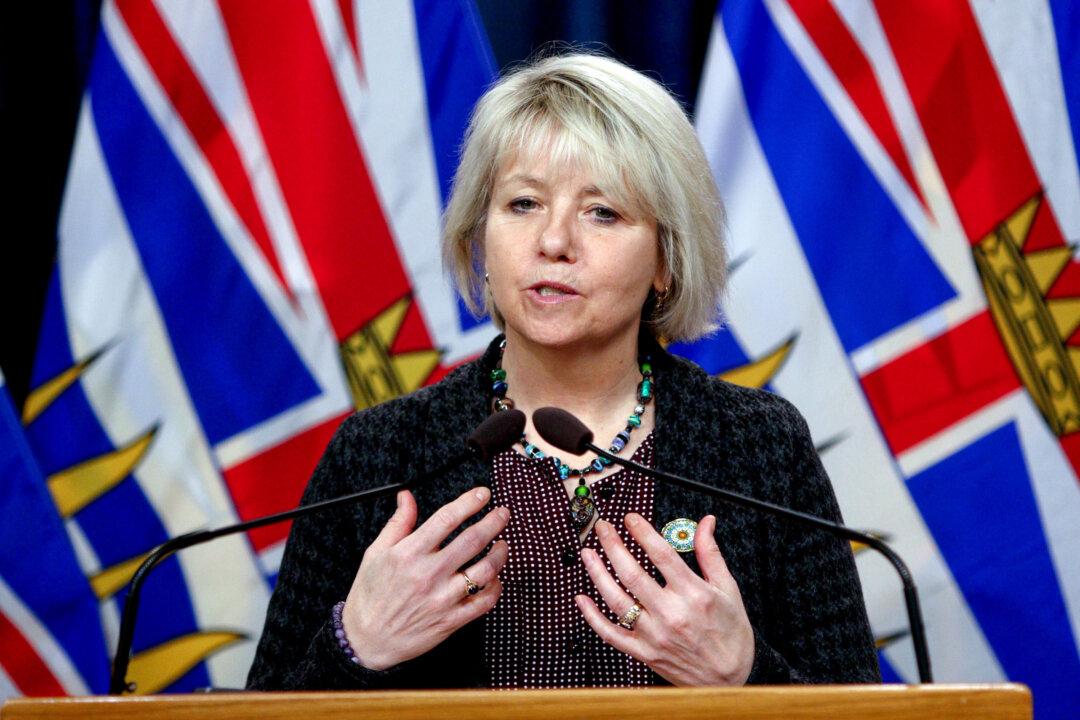The B.C. government has rejected a proposal by the provincial health officer to expand the supply of non-prescribed safer supply drugs to address the ongoing overdose crisis in the province.
In a newly released report titled “Alternatives to Unregulated Drugs,” Dr. Bonnie Henry proposed that the province consider allowing access to non-prescribed alternatives to unregulated street drugs.





